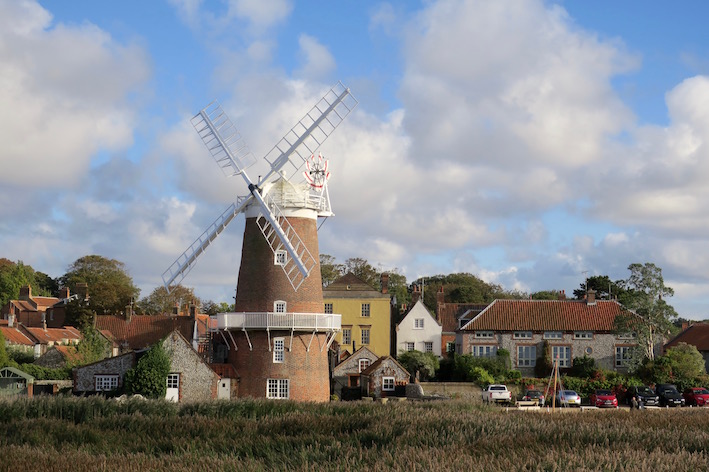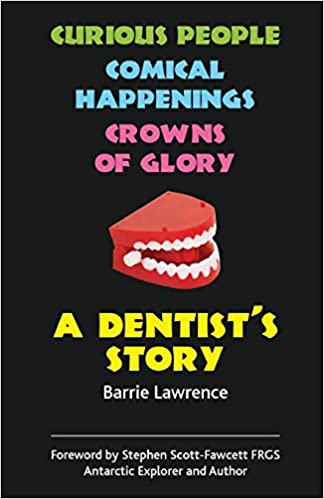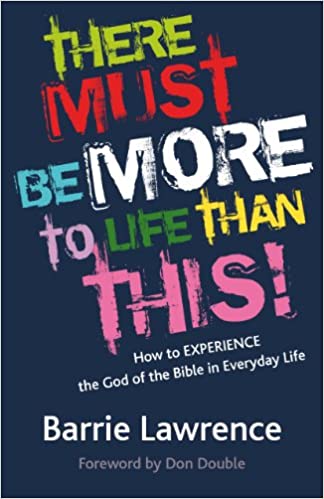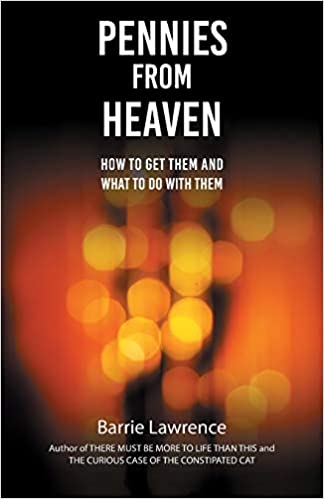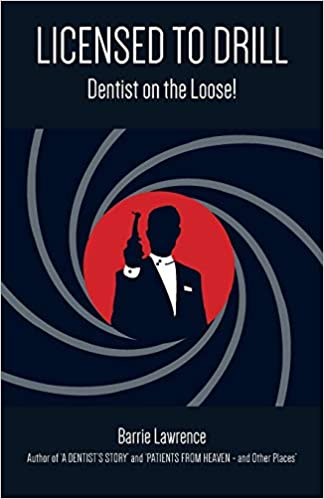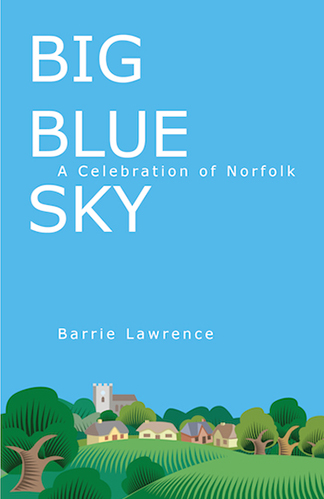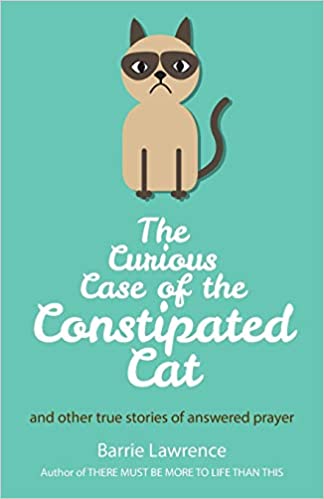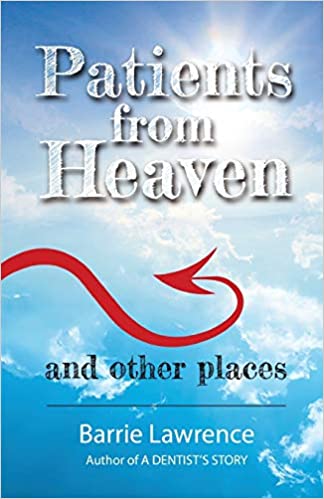Cleaning Boots!
Cleaning Boots – (Excerpt from book BIG BLUE SKY – A Celebration of Norfolk. To be published later this year)
Further language and culture – boots, Grum, June and June, and dwile flonking.
Mrs. Lamb, our new char lady, cleaned boots on a Saturday, she told us. My mother thought this sounded both mundane, but also rather specialised; boots, rather than shoes, or general footwear. And when she enquired about the number of boots Mrs. Lamb cleaned on a Saturday, was surprised to be told that she cleaned very few; maybe four on a Saturday morning, but up to eight, which could take all day. It was 1953, and we were new to Wroxham, and on a learning curve.
Banks move their staff from branch to branch. Well, they did so during the days of my childhood, until my father was given a move from North Walsham, and said ‘No!’ He was told that there would be no further promotion if he stayed in one branch, and happily accepted that in order to enjoy the town and the friends my parents had made there, through until his retirement. But in earlier days, he had been from branch to branch, not least in Norwich. After a short spell out of the county during my early childhood, my father was moved to the Wroxham branch. There, in the village, and around one mile from the bank itself, my parents found the house that would be our home for the following five years. An end terrace house at the bottom (the road sloped down) of an unmade road, where a five-barred gate kept the rest of humanity out of our wonderful new world. Old stables that my friends and I would use as dens, until hired out as garages or used to house my parents’ hens, just oozed the invitation to adventure. As did the woods behind our property, where a few loose panels in the fence gave access to a make-believe world of cowboys and Indians, cops and robbers, or anything else we might soon be viewing on our flickering black and white television screens, and which we would enact and relive in that arboreal paradise.
Before relocating to our new home, my mother would visit the area, explore, and return with reports of what she had experienced. It sounded to my young ears as though we were moving into a new world – deepest Norfolk. “They have a very strange accent when they speak,” she would tell us, and go on to relate conversations she had overheard on buses. “‘Oi hev’ said this girl sitting behind me, and then her friend would say, ‘Noo yew ain’t’, and they would continue with Oi this and Oi that. I don’t know if we’ll be able to understand them too easily”.
At the age of eight, I did not want to move to Wroxham. Later, at the age of thirteen, I did not want to move to North Walsham. Moving meant losing one’s friends and having to make new ones. However, I soon became enchanted with our new home, garden, and the village in general. The accent was only strongly present in a minority of the boys and girls at school, and it was not difficult to understand. One did not take too long to tune in, so to speak.
Robert had lived in Park Road all eight years of his life, and being just a little younger than me, we became friends. Perhaps I could not understand everything he said, and maybe my mother said he was a rough lad, and smelly, but he was my friend. We chased each other through the woods, ganged up against smaller boys, and endlessly kicked a football around the park at the top of the road, and the small patch of land my father had cleared between two of the stable buildings in our garden. But Robert was increasingly in trouble at school and in general with the residents of Park Road, and the time came when my mother laid down the law. “Your friendship with Robert must end. He is a bad influence, and I don’t want you getting into the sorts of trouble that he is heading for”. And so, on the way back from school the next day, I plucked up courage and told Robert that we could no longer be friends. He stared at me in a manner that was full of menace. He was short, muscular, usually sweaty, and with a hint of Mediterranean duskiness attributed to his alleged Italian prisoner-of-war father. He gave me a huge push and I found myself laying on the ground, gasping for air. And then Robert calmly plonked his generously aromatic frame upon my stomach, causing further respiratory distress. As I heaved and wheezed under his more than adequate carcass, he demanded, “Oi want yew to be moi friend, and oi’ll sit on yer till yer says yis.” I complained that I could hardly breathe, and that my mother had decreed on the matter. But Robert calmly sat on me until I eventually complied. Arriving home a little late from school, my mother stared at me in horror as I entered the house. My blazer was covered in mud, moss, dandelion seeds and assorted grasses. “What have you been doing? Where have you been?” she enquired. And I explained that I had told Robert that the friendship was over, and that he had sat on me until I had relented. And although my parents did all in their power to break the bond with Robert the Rough, living so close and being of similar age resulted in a degree of camaraderie until our family moved from the village five years later.
My sister found a friend in Martina Huson, who lived just a few doors along from Robert. Martina was a diminutive little waif, and an only child. Her parents struggled to make ends meet, but young Martina was their pride and joy, and their catchphrase was, “She ain’t ‘arf li’ell, but she gart a big brine”. And just in case that is in any way obscure, they were saying, “She isn’t half little, but she’s got a big brain.” I was to hear my parents repeat that, grinning at each other, many times and in many situations for years to come.
And next door to the Husons was the Lamb family. Thin, wiry, Kenneth Lamb, was a builder’s labourer, loving husband, devoted father, and committed Norwich City football fan. Ivy was the elder of the two daughters, and was relatively plain, whereas young Lolly (real name Olive) was slim, glamorous, mini-skirted, and caused immense irritation to my mother. “I wouldn’t stand for that in a daughter of mine,” she would repeatedly exclaim. There was real passion in her voice – but I think my father finding Lolly quite something to behold, influenced mother’s attitude on such matters.
“Oi clean boots evry Sa’urday”, Mrs. Lamb volunteered. “Hev done for yairs”. Which led my mother to ask how many? Where? Whose are they? And the answers enlightened us to the way in which the lives of so many people in the region were influenced strongly by the broads – the man made lakes, centuries old, and now a centre of tourism.
“Boots. Oi clean all sorts of boots. Mainly Oi clean crooser boots, but there is also sailin’ boots and ‘ouse boots. They’re all boots, and all need a clean on Saturdays. So I might jist clean up to eight boots on a Saturday. And oonly in the summer, during the arlidays.” So now we knew. And we were coming to realise that in Norfolk, people do different, as the saying goes.
Share this Post
More from BARRIE LAWRENCE
While looking for a restaurant where we could meet up with friends in north Norfolk, I came across Cley Windmill. I had passed it, and hardly noticed the fact that […]
Have you ever caught a burglar, and if you have, what did you do with him? Oops, it’s all equality today, so I must write, ‘What did you do with […]
I was a dentist for several decades, having qualified in 1968, and retired in 2007. That’s nearly 38 years. I was also a bookseller, opening my book shop in 1984, […]

